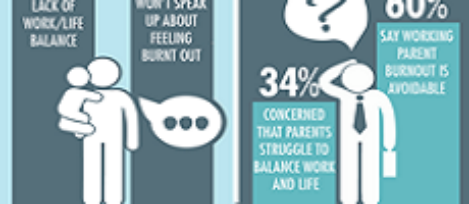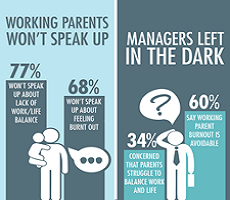January 20, 2016
Third of firms introduce flexible working to cut absenteeism, claims study 0
 Over a third of UK employers have introduced flexible working to reduce absenteeism, claims research from insurance industry trade association Group Risk Development (GRiD). Its survey of 501 employers also found that a quarter (25 percent) have seen absence rates improve over the last 12 months, compared to 40 percent last year. One in ten have actually seen rates worsen over the same period and 54 percent of employers say their absence rates have remained the same, which the report’s authors claim suggests a general slow-down or even complacency when it comes to managing absence. The report found that 57 percent of businesses said absence cost them up to 4 percent of payroll, but employers are using a range of initiatives to address this. This includes introducing flexible working (36 percent – up by 4 percent from last year), return to-work interviews (28 percent) and disciplinary procedures (17 percent).
Over a third of UK employers have introduced flexible working to reduce absenteeism, claims research from insurance industry trade association Group Risk Development (GRiD). Its survey of 501 employers also found that a quarter (25 percent) have seen absence rates improve over the last 12 months, compared to 40 percent last year. One in ten have actually seen rates worsen over the same period and 54 percent of employers say their absence rates have remained the same, which the report’s authors claim suggests a general slow-down or even complacency when it comes to managing absence. The report found that 57 percent of businesses said absence cost them up to 4 percent of payroll, but employers are using a range of initiatives to address this. This includes introducing flexible working (36 percent – up by 4 percent from last year), return to-work interviews (28 percent) and disciplinary procedures (17 percent).













 This week the UK’s Health Secretary found himself at the centre of a storm because of
This week the UK’s Health Secretary found himself at the centre of a storm because of 
















February 24, 2016
Too much choice at work just leads to paralysis by confusion 0
by Leeson Medhurst • Comment, Facilities management, Workplace design
(more…)